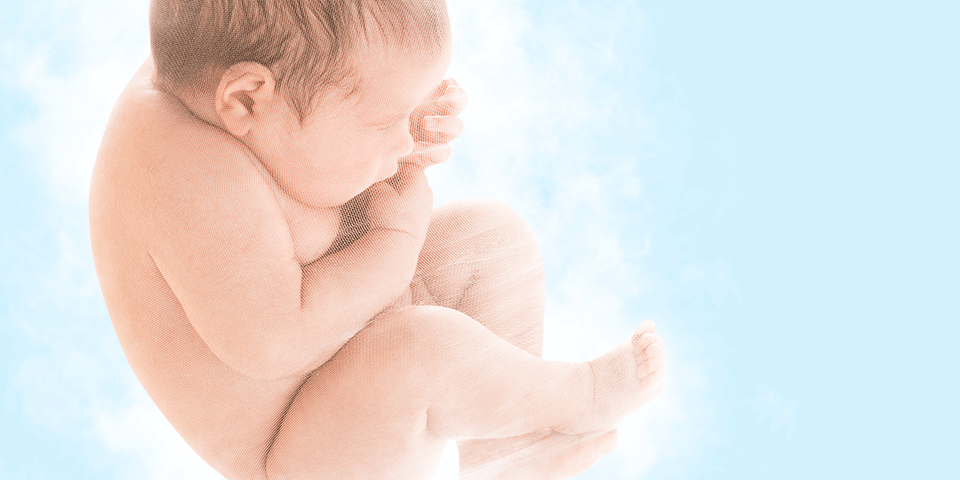Australian researchers have settled a longstanding controversy as to whether the womb is sterile.
A new study based on contamination controls has confirmed that exposure to influential bacteria begins in the womb and could help to shape the developing foetal immune system, gut and brain.
The study’s researchers gathered amniotic fluid samples from 50 healthy women undergoing planned caesarean deliveries and discovered that almost all (36 of 43) viable samples contained bacterial DNA.
Also, all the 50 newborns had bacteria in their first poop.
Published in Frontiers in Microbiology, the study used uniquely rigorous contamination controls to confirm that exposure to bacteria begins in the womb and could help to shape the developing foetal immune system, gut and brain.
According to lead author Lisa Stinson, of the University of Western Australia, many studies over the past decade have detected bacterial DNA in amniotic fluid and first-pass meconium (baby’s first poop).
“However, some argue that the results are false positives: contaminants in the reagents used in DNA analysis,” she said.
It is important to conclusively determine whether the healthy womb harbours bacteria, say the researchers, because this ‘foetal microbiome’ would likely have a significant impact on the developing immune system, gut, and brain.
To settle the issue, Ms Stinson and colleagues took strict measures to eliminate bacterial contamination when analysing amniotic fluid and meconium samples.
Despite these measures, they still found bacterial DNA in almost all samples.
The question arose as to what these bacteria are doing in the womb.
As none of the women or their babies had any sign of infection, it could be that the fetal microbiome could prove to be a beneficial regulator of early development.
There is one small caveat: technically, the DNA in these samples could have come from bacteria that were already dead in the womb.
“Here we’ve proven that bacterial DNA is present in the womb, but the next step will be to show whether these are alive and constitute a true microbiome,” Ms Stinson said.
For further information, visit:
https://www.frontiersin.org/articles/10.3389/fmicb.2019.01124/full









